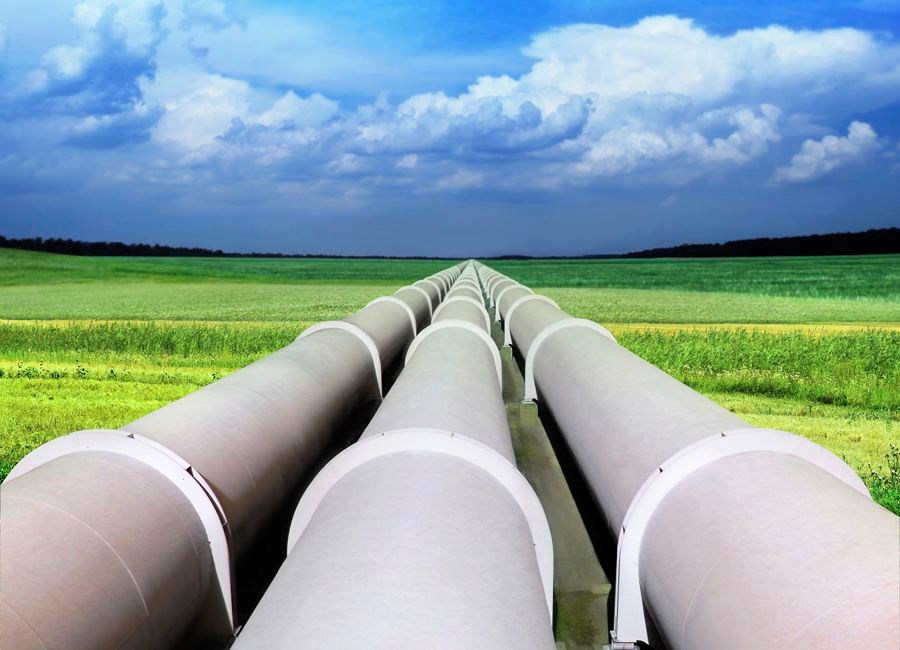Whether it's by pipeline or rail, more Alberta oil will make its way to B.C.'s coast, according to the terms of reference released Tuesday for a B.C.-Alberta inter-provincial working group.
Senior deputy ministers from both provinces are leading the group, which will report to B.C. Premier Christy Clark and her Alberta counterpart Alison Redford by the end of the year. The group will look at everything from what it will take to clean up a potential land spill of oil to the economic benefits B.C. is seeking to how First Nations groups need to be consulted about possible energy transportation projects.
But the committee is premised on the concept that one way or another more oil will move from the oilsands to the coast.
"Rail can be considered a viable alternative to pipeline movement based on costs of transport," the 10-page document said. "If pipelines are not developed, rail will step into the void to deliver bitumen to the west coast."
Given that shipments will increase, the working group said it must look at which mode of transport provides "the greatest economic benefits while minimizing environmental risks."
When it comes to rail, that means requiring the use of modern rail cars and improvements to infrastructure to protect communities. The working group will also look at what port facilities need to be upgraded.
NDP environment critic Spencer Chandra Herbert said regardless of how oil gets to the coast, it will still require more oil tankers to ship the product to Asia which leaves the marine environment at risk for a possible spill.
"By rail or by pipeline along the north, through the watersheds, through the river valleys, if you have a spill it's difficult to clean up," Chandra Herbert said. "I think neither are good options for the north."
Despite the tone of the terms, which suggest oil will be moving one way or another, Chandra Herbert isn't convinced.
"Things are only as inevitable as you allow them to be," he said. "It seems like the Liberals are preparing to roll over and just say OK, our coast comes at a price, we're willing to accept oil spills can be a reality."
A spokesman for Clark said terms of reference speak for themselves and the government will have more to say on the issue when Clark and Redford meet in November.
B.C. natural gas development deputy minister Steve Carr and Alberta energy deputy minister Grant Sprague are spearheading the working group, which includes five subcommittees.
Many of the issues the group plans to address in the next 2 1/2 months touch on the five conditions B.C. has imposed on any new heavy oil pipelines, including the proposed Northern Gateway project.
Among those is B.C.'s demand that it get its fair share of economic benefits of any new pipelines, something the terms of reference describe as the "most misunderstood condition."
The group will look at ways to balance the risk B.C. faces in the event of land or marine spill, with the economic benefits of the project - but it will not consider any royalty sharing between the two provinces. The terms of reference said it will try to find "potential means and mechanisms that would create an equitable sharing of fiscal and economic benefits."
First Nations consultation, the fourth of the five B.C. conditions, will also be examined in order to try to find models for possible agreements that would benefit aboriginal groups.
The group was initially created after Clark and Redford met in July and work has already begun. The goals of the collaboration are to open new markets for oil and gas as well as create jobs and strengthen the economies of both provinces.
A draft report is due to the deputy ministers by Nov. 20 and the final report is to be submitted on Dec. 31. Coincidentally, the National Energy Board's recommendation on the fate of the Northern Gateway pipeline is also due on Dec. 31.
"The cynic would say this just looks like the Premier play acting, meanwhile it's about an agreement they've already made with the federal government and they're going to try to ram this through," Chandra Herbert said. "There's rarely a coincidence like that, in terms of the two dates lining up, so it looks to me like they're laying the groundwork to say, 'go ahead oil tankers, get going Enbridge.' "



